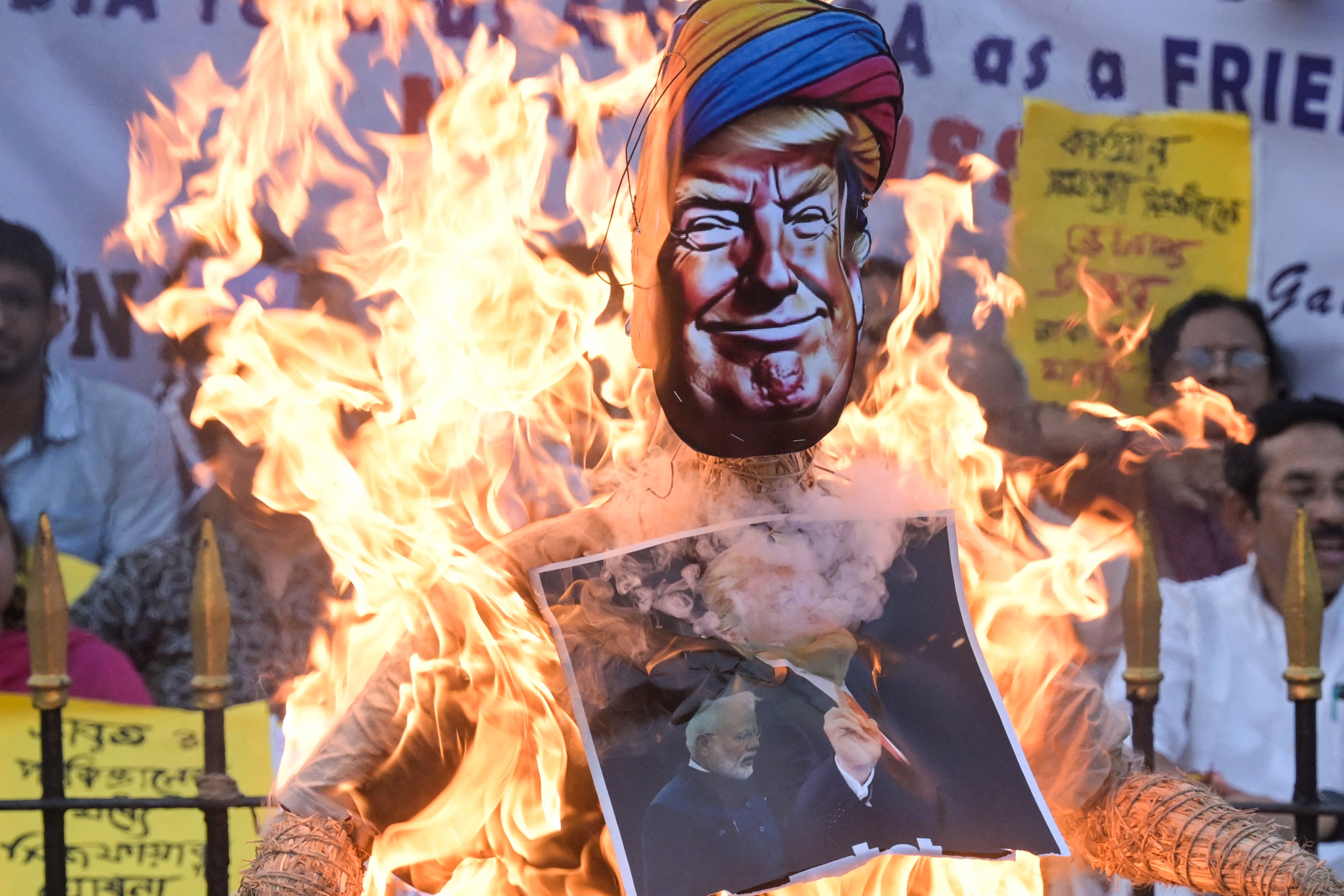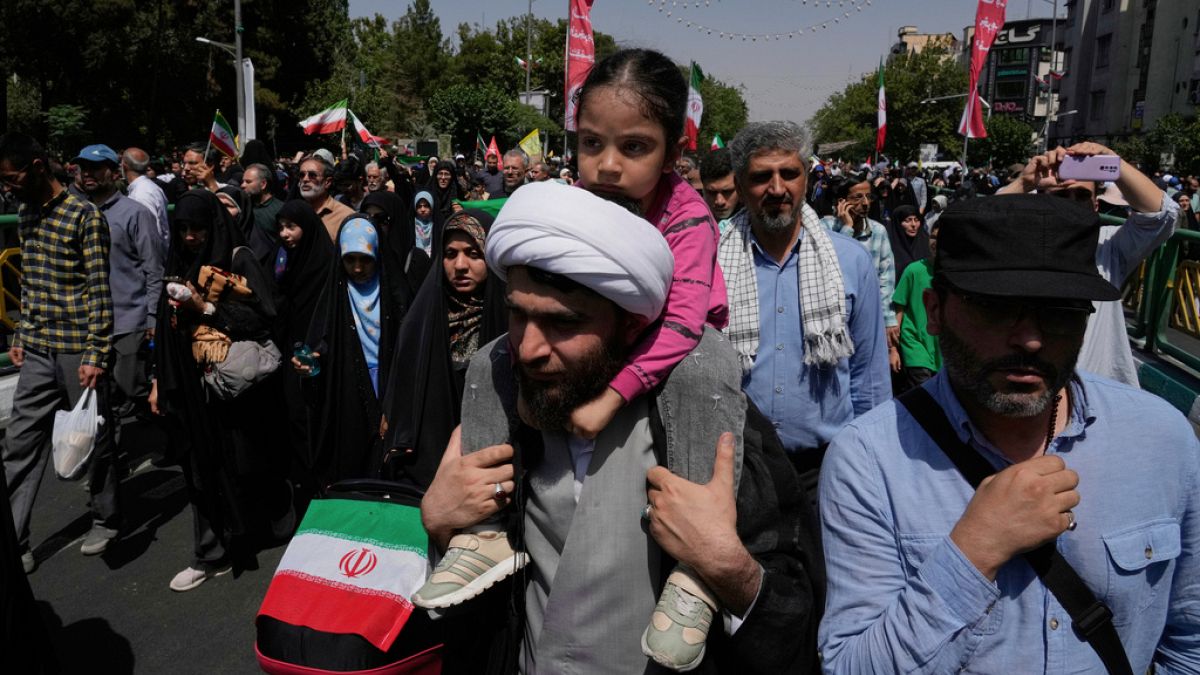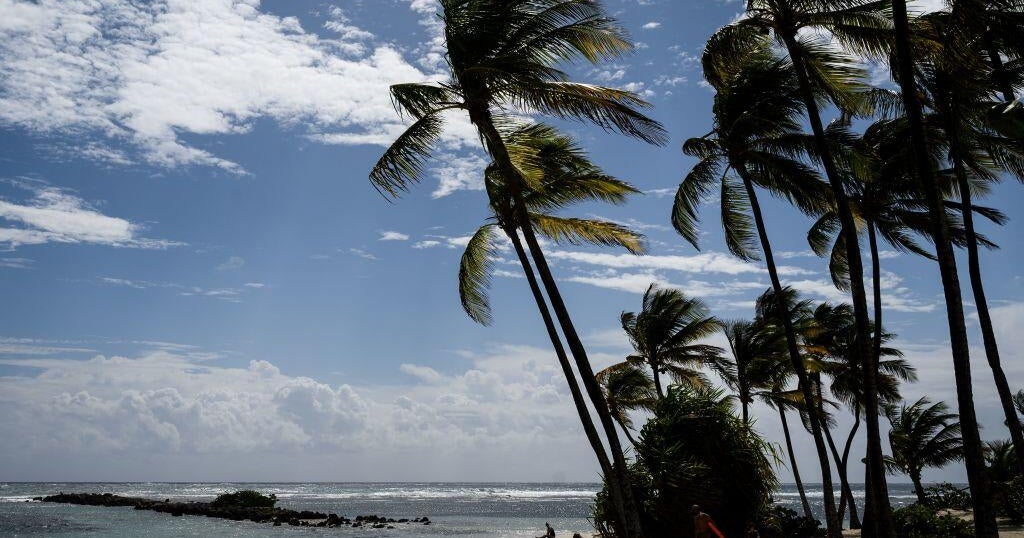Pakistan has announced its intention to recommend Donald Trump for the Nobel Peace Prize, citing his role in de-escalating the recent conflict between India and Pakistan.
The accolade is one President Trump has openly expressed a desire for, having previously lamented a perceived lack of credit for his diplomatic efforts.
The nomination stems from President Trump's intervention in May, which saw a surprise ceasefire announcement bring an abrupt end to a four-day confrontation between the nuclear-armed neighbours. President Trump has since repeatedly claimed that his actions averted a nuclear war and saved millions of lives.
The move by Pakistan has prompted speculation among some analysts within the country that it could be a strategic effort to influence President Trump's position on a potential joint strike with Israel against Iran's nuclear facilities. Pakistan has previously condemned Israel's actions in the region as a violation of international law and a significant threat to regional stability.

Pakistan agrees that U.S. diplomatic intervention ended the fighting, but India says it was a bilateral agreement between the two militaries.
"President Trump demonstrated great strategic foresight and stellar statesmanship through robust diplomatic engagement with both Islamabad and New Delhi, which de-escalated a rapidly deteriorating situation," Pakistan said. "This intervention stands as a testament to his role as a genuine peacemaker."
Governments can nominate people for the Nobel Peace Prize. There was no immediate response from Washington. A spokesperson for the Indian government did not respond to a request for comment.
Trump has repeatedly said that he's willing to mediate between India and Pakistan over the disputed Kashmir region, their main source of enmity. Islamabad, which has long called for international attention to Kashmir, is delighted.
But his stance has upended U.S. policy in South Asia, which had favored India as a counterweight to China, and put in question previously close relations between Trump and Indian Prime Minister Narendra Modi.
In a social media post on Friday, Trump gave a long list of conflicts he said he had resolved, including India and Pakistan and the Abraham accords in his first term between Israel and some Muslim-majority countries. He added: "I won’t get a Nobel Peace Prize no matter what I do."

Pakistan's move to nominate Trump came in the same week its army chief, Field Marshal Asim Munir, met the U.S. leader for lunch. It was the first time that a Pakistani military leader had been invited to the White House when a civilian government was in place in Islamabad.
Trump's planned meeting with Modi at the G7 summit in Canada last week did not take place after the U.S. president left early, but the two later spoke by phone, in which Modi said "India does not and will never accept mediation" in its dispute with Pakistan, according to the Indian government.
Mushahid Hussain, a former chair of the Senate Defence Committee in Pakistan’s parliament, suggested nominating Trump for the peace prize was justified.
"Trump is good for Pakistan," he said. "If this panders to Trump’s ego, so be it. All the European leaders have been sucking up to him big time."
But the move was not universally applauded in Pakistan, where Trump's support for Israel's war in Gaza has inflamed passions.
"Israel's sugar daddy in Gaza and cheerleader of its attacks on Iran isn't a candidate for any prize," said Talat Hussain, a prominent Pakistani television political talk show host, in a post on X. “And what if he starts to kiss Modi on both cheeks again after a few months?"

 3 hours ago
2
3 hours ago
2







